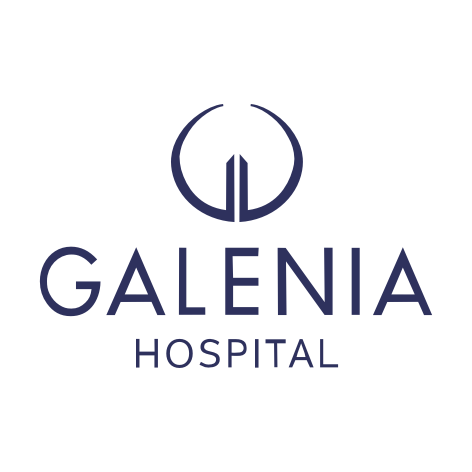Destinations & Travel Advice
Mexico
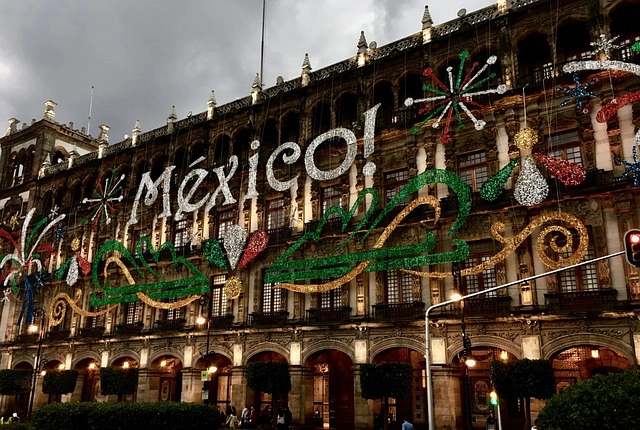
Mexico is a popular destination for medical travel, offering high-quality healthcare at affordable prices. With a robust network of internationally accredited hospitals and clinics, Mexico is known for its skilled medical professionals and modern facilities. Common treatments sought in Mexico include dental care, cosmetic surgery, bariatric surgery, and orthopedic procedures. The country's proximity to the United States and its vibrant culture, beautiful landscapes, and rich history make it an attractive option for patients seeking both medical care and a pleasant recovery experience.
Travel Tips for Mexico
Stay Hydrated
Mexico can be quite warm, so keep hydrated, especially if you're recovering from a medical procedure. Stick to bottled water to avoid any potential issues with local tap water.
Learn Basic Spanish Phrases
While many medical professionals speak English, knowing basic Spanish phrases can enhance your travel experience and help with day-to-day interactions.
Safety First
Stick to well-known tourist areas and follow local advice regarding safety. Use reputable transportation services and avoid traveling alone at night.
Currency
The local currency is the Mexican Peso (MXN). Carry some cash for smaller purchases, but credit cards are widely accepted in urban areas.
Healthcare Essentials
Bring a basic medical kit and ensure you have all necessary medications. Keep your doctor's contact information handy in case you need follow-up care.
Dominican Republic
The Dominican Republic has become a favored destination for medical tourists due to its excellent healthcare services and competitive pricing. The country boasts several JCI-accredited hospitals and clinics, with highly trained specialists in fields such as cosmetic surgery, dental treatments, and orthopedic surgery. The Dominican Republic combines medical care with the opportunity to relax in its stunning Caribbean environment, featuring pristine beaches, luxury resorts, and a warm, welcoming culture. This combination of quality healthcare and a tropical setting makes it an ideal choice for medical travelers.
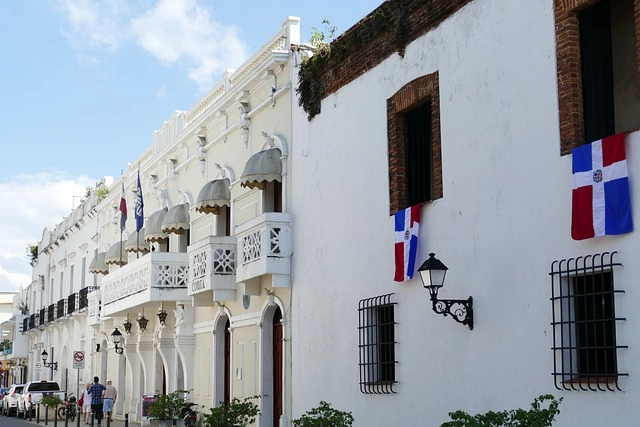
Travel Tips for the Dominican Republic
Stay in Safe Areas
Choose accommodations in well-established tourist areas and resorts, which offer higher levels of security and comfort.
Water Safety
Drink only bottled or purified water to avoid waterborne illnesses. Be cautious with ice and raw foods.
Local Currency
The Dominican Peso (DOP) is the local currency. ATMs are widely available, but it's wise to have some cash for smaller vendors and tips.
Transport
Use reputable taxi services or arranged transportation through your hotel. Public transportation can be crowded and less reliable.
Travel Insurance
Ensure you have comprehensive travel insurance that covers medical expenses and emergency evacuations.
Costa Rica
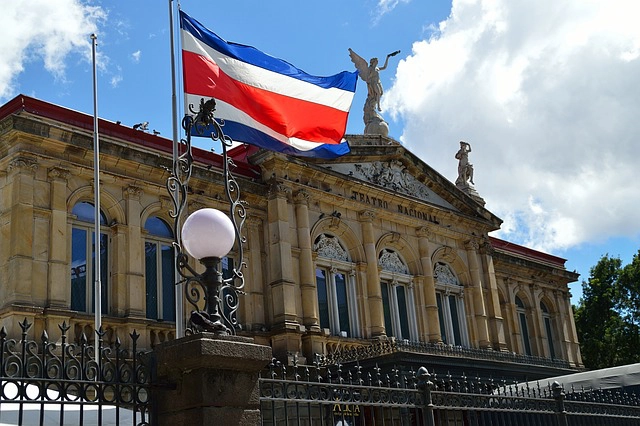
Costa Rica is renowned for its top-notch medical care and eco-friendly approach, attracting medical tourists seeking a combination of excellent healthcare and a natural, serene environment. The country offers advanced treatments in dental care, cosmetic surgery, orthopedics, and more, with many facilities holding international accreditations. Costa Rica's emphasis on wellness and holistic health, combined with its beautiful rainforests, beaches, and diverse wildlife, provides a peaceful and rejuvenating atmosphere for recovery. The country's stability, safety, and emphasis on sustainability add to its appeal as a medical travel destination.
Travel Tips for Costa Rica
Weather Preparedness
Costa Rica has diverse climates; pack accordingly with light clothing for the beach and warmer layers for higher altitudes.
Eco-Friendly Practices
Respect the environment by following eco-friendly practices such as recycling and conserving water. Costa Rica places a high emphasis on sustainability.
Health Precautions
Use insect repellent to protect against mosquitoes, especially in jungle areas. Drink bottled water and wash hands regularly.
Currency
The local currency is the Costa Rican Colón (CRC), but US dollars are also widely accepted. Credit cards are commonly used in tourist areas.
Safety and Transportation
While Costa Rica is generally safe, always be aware of your surroundings. Use licensed taxis or trusted transportation services.
Turkey
Turkey is a leading destination for medical tourism, combining world-class healthcare facilities with the allure of its rich cultural heritage. Known for advanced treatments in hair restoration, dental care, and cosmetic surgery, Turkey also offers exceptional affordability and internationally accredited hospitals. Visitors can explore iconic landmarks such as the Hagia Sophia and the thermal pools of Pamukkale while enjoying seamless travel options and warm hospitality.

Travel Tips for the Turkey
Turkey is a fascinating blend of ancient traditions and modern comforts, offering travelers a unique cultural experience alongside exceptional medical care. To make the most of your journey, here are some practical tips:
Visa and Entry Requirements
Most travelers can apply for an e-Visa online before their trip. Ensure your passport is valid for at least six months beyond your stay. Check the specific requirements for your nationality to avoid entry complications.
Local Transportation
Turkey boasts an efficient transportation system, including buses, metro, and taxis. Istanbul's public transit card, Istanbulkart, is a convenient option for getting around the city. For intercity travel, high-speed trains and domestic flights are excellent options.
Currency and Payments
The local currency is the Turkish Lira (TRY). Credit cards are widely accepted in Urban areas, but it's a good idea to carry cash for smaller shops or rural areas.Currency exchange offices are common, and ATMs are readily available.
Language and Communication
Turkish is the official language, but English is widely spoken in medical facilities, hotels, and tourist areas. Consider downloading a translation app or learning basic Turkish phrases to enhance your experience.
Cultural Etiquette
Dress modestly when visiting religious sites, such as mosques, and follow any posted guidelines, such as removing shoes. Greetings are typically warm; a handshake is common, and in more traditional settings, a slight nod or bow of the head is appreciated.
Health and Safety
Turkey is generally safe for travelers, but as with any destination, remain vigilant about personal belongings and avoid isolated areas at night. Drink bottled water to avoid any digestive discomfort.
Weather and Clothing
Turkey's climate varies significantly by region. Pack lightweight clothing for summer visits and layers for cooler months. Comfortable walking shoes are essential, as many historic sites have uneven terrain.
Travel Insurance
Ensure you have comprehensive travel insurance that covers medical procedures, trip cancellations, and unforeseen emergencies.
Connectivity
SIM cards with data plans are available at major airports and local providers, keeping you connected throughout your stay.
Sightseeing Opportunities
While in Turkey, take time to explore iconic attractions such as the Hagia Sophia, Cappadocia's fairy chimneys, Pamukkale's thermal pools, and Ephesus' ancient ruins.
Antigua and Barbuda
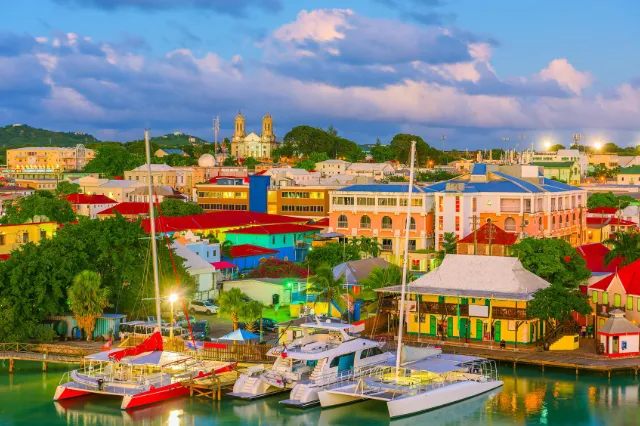
Antigua and Barbuda is emerging as a top destination for medical travel, offering world-class healthcare services in a serene, tropical setting. The country is home to modern hospitals, specialized clinics, and expert medical professionals, providing high-quality, patient-centered care at affordable prices. Patients seek treatments such as cosmetic surgery, wellness retreats, orthopedic procedures, and rehabilitation therapies. With its pristine beaches, warm climate, and relaxing environment, Antigua and Barbuda offers an ideal recovery destination, combining medical excellence with luxurious post-treatment recuperation.
Travel Tips for Antigua and Barbuda
Stay Hydrated & Maintain Wellness
Antigua's tropical climate requires proper hydration, especially for post-surgery recovery. Stick to bottled or filtered water to avoid any potential health concerns.
English-Speaking Medical Staff & Local Phrases
Antigua's healthcare providers speak English, making communication easy. However, learning a few local phrases can enhance your cultural experience.
Safety & Trusted Medical Facilities
Antigua and Barbuda is a safe travel destination, but always choose accredited medical clinics and use reliable transportation when traveling for treatment. Check with your medical provider for post-operative safety guidelines.
Currency & Payment Options for Medical Services
The Eastern Caribbean Dollar (XCD) is the local currency, but USD is widely accepted. Many medical facilities, hotels, and wellness centers accept major credit cards, ensuring seamless payments.
Access to Quality Healthcare & Post-Treatment Support
Pack a basic medical kit and ensure you have all necessary prescriptions for post-surgical care. Keep emergency contacts and your doctor's information handy for follow-up medical consultations if needed.

